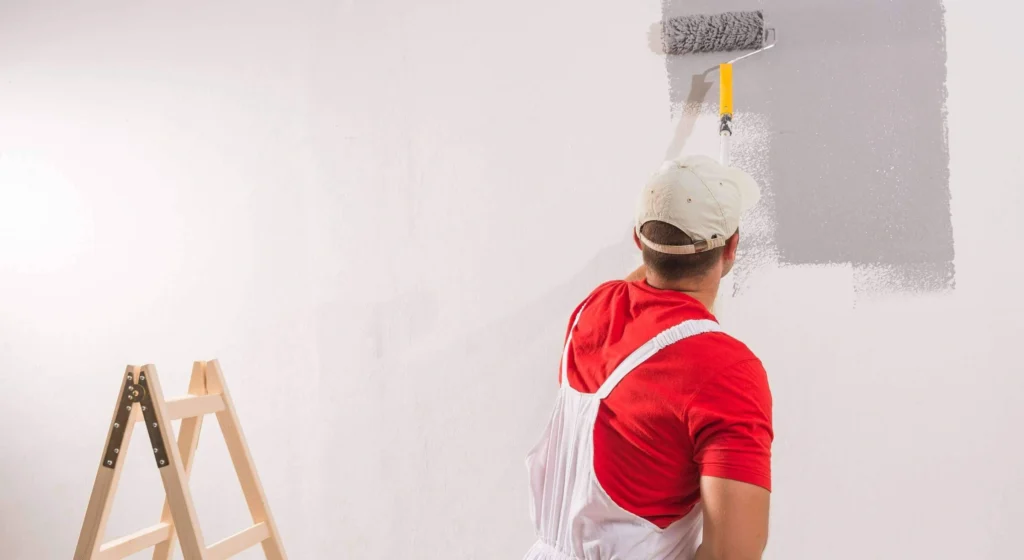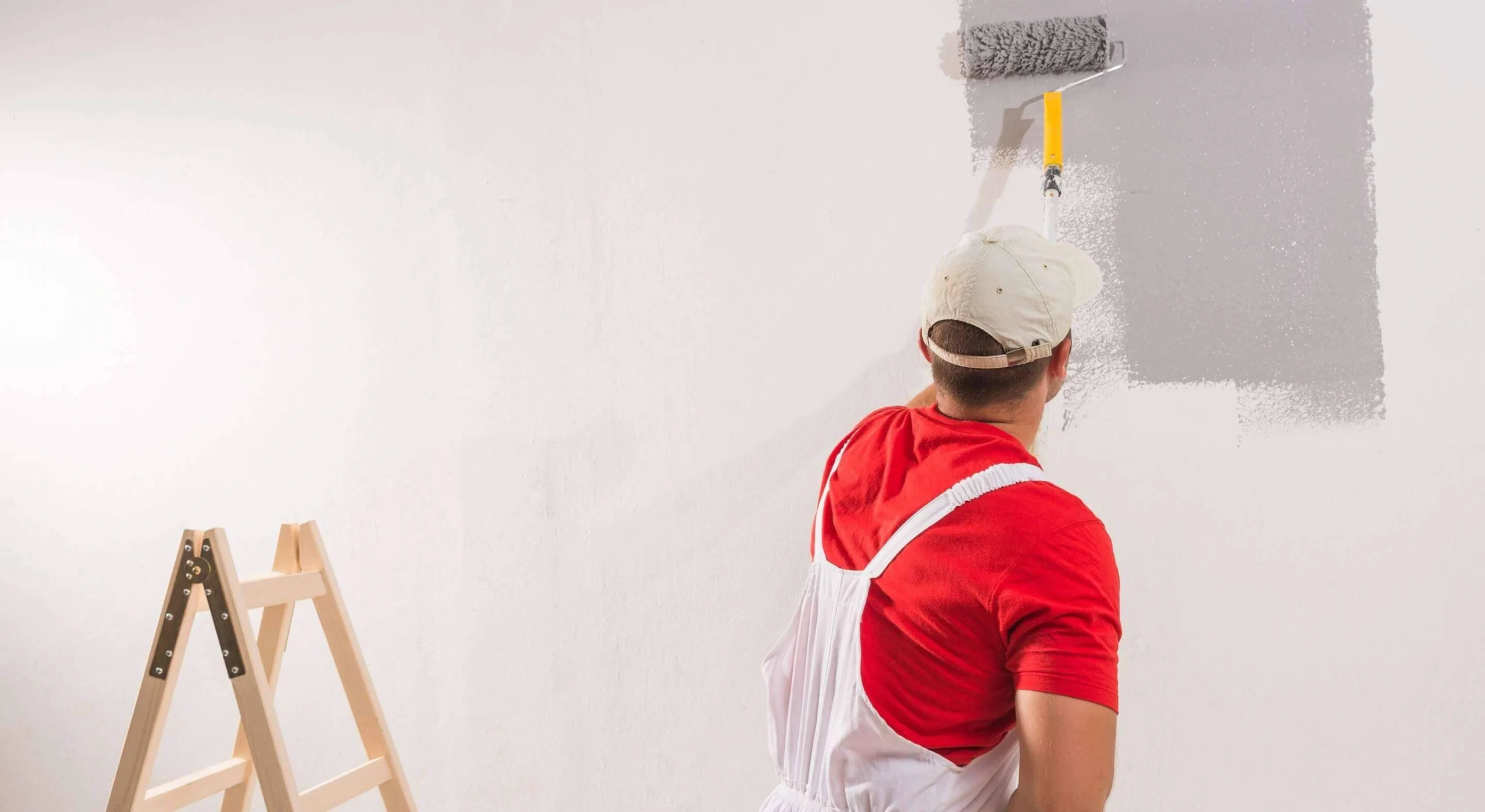A fresh coat of paint can transform a commercial space, boosting its appeal, protecting surfaces, and reinforcing a brand’s identity. Whether you own an office building, retail store, warehouse, or restaurant, hiring a professional commercial painting contractor ensures that the job is done efficiently, with minimal disruption to business operations.
This article will guide you through the benefits of hiring a commercial painting contractor, key considerations when choosing one, and how Sub City Contractor Network can help connect you with the right professionals for your project.

Content
Why Hiring a Professional Commercial Painting Contractor Matters
Commercial painting projects require expertise beyond what a residential painter can offer. Professional commercial painting contractors bring specialized knowledge, equipment, and experience to ensure that your business space is painted to the highest standards. Here’s why hiring a professional is essential:
- Quality and Expertise – Commercial painters are skilled in handling large-scale projects, ensuring even application and professional finishes.
- Use of High-Quality Materials – They have access to commercial-grade paints that are durable, long-lasting, and suited to high-traffic environments.
- Efficiency and Minimal Disruption – Professional contractors complete projects quickly while minimizing downtime and disruption to business operations.
- Compliance with Safety Standards – They adhere to workplace safety regulations, ensuring a secure environment for employees and customers.
- Specialized Equipment – From scaffolding to industrial sprayers, professional painters use advanced tools to achieve precise results.
- Surface Preparation and Protection – Proper preparation prevents future damage, while protective coatings help surfaces withstand wear and tear.
Steps to Hiring the Right Commercial Painting Contractor
1. Define Your Painting Needs
Before hiring a contractor, determine your project’s scope and goals. Consider the following:
- The type of surfaces that need painting (interior, exterior, metal, drywall, concrete, etc.).
- The desired color scheme and finish.
- Special coatings required (e.g., anti-microbial, weather-resistant, fire-retardant).
- Your budget and timeline.
2. Research and Shortlist Contractors
Finding the right contractor starts with thorough research. Sub City Contractor Network (subcitycontractornetwork) is a valuable resource for finding reliable commercial painters. It connects business owners with experienced professionals in the construction and home services industry.
When shortlisting potential contractors, look for:
- Experience with commercial projects similar to yours.
- Positive online reviews and testimonials.
- A portfolio showcasing previous commercial painting jobs.
- Proper licensing and insurance coverage.
3. Request Detailed Estimates and Compare Bids
Once you have a shortlist, request quotes from multiple contractors. A professional commercial painting contractor should provide a detailed estimate that includes:
- Labor and material costs.
- Preparation work and surface treatments.
- The type of paint and coatings to be used.
- Estimated project duration.
- Warranty information.
Avoid choosing a contractor solely based on the lowest price. Instead, compare bids based on experience, quality of materials, and scope of services.
4. Verify Credentials and Experience
Ensure the contractor has:
- A valid business license and insurance.
- Experience handling commercial properties.
- Compliance with OSHA safety standards.
- Trained staff and a professional approach.
You can verify credentials by checking state licensing boards and reading customer feedback.
5. Review the Contract and Terms
A reliable contractor will provide a clear, detailed contract outlining:
- Project scope and timeline.
- Payment terms and pricing breakdown.
- Warranty and service guarantees.
- Safety measures and liability coverage.
Never agree to verbal promises—always get everything in writing.
6. Monitor Progress and Maintain Communication
Effective communication is crucial during a commercial painting project. Stay in touch with your contractor to:
- Address any concerns or adjustments.
- Ensure the project is progressing according to schedule.
- Confirm that quality standards are met.
7. Conduct a Final Inspection
Before making the final payment, inspect the work to ensure it meets your expectations. Check for:
- Uniformity in color and finish.
- Proper cleanup and disposal of materials.
- Completion of any touch-ups or corrections.
Why Choose the Sub City Contractor Network?
Sub City Contractor Network simplifies the process of finding reliable commercial painting contractors. Here’s why it’s the best platform for business owners:
- Free Contractor Search – Easily find experienced professionals without hidden fees.
- Verified Professionals – Access a database of licensed and insured contractors.
- Direct Communication – Contact professionals directly for quotes and consultations.
- Affordable Membership Options – Contractors can enhance their visibility with a small membership fee.
Using Sub City Contractor Network ensures that you hire a trusted and skilled contractor who will deliver high-quality results for your commercial painting project.
Conclusion
A commercial painting project is an investment that enhances your business’s appearance, protects surfaces, and creates a welcoming environment for customers and employees. By hiring a professional commercial painting contractor, you ensure that the job is done efficiently, with top-quality materials and craftsmanship.
By following the steps outlined in this guide and utilizing resources like Sub City Contractor Network, you can confidently find and hire the right contractor for your business. Take the time to research, compare, and communicate with potential contractors to achieve a successful and stress-free painting experience.

I am Donovan and my love is writing about home improvement. I write mostly about home ideas, but also share some tips and tricks that can make your life easier when it comes to getting things done in the house.






